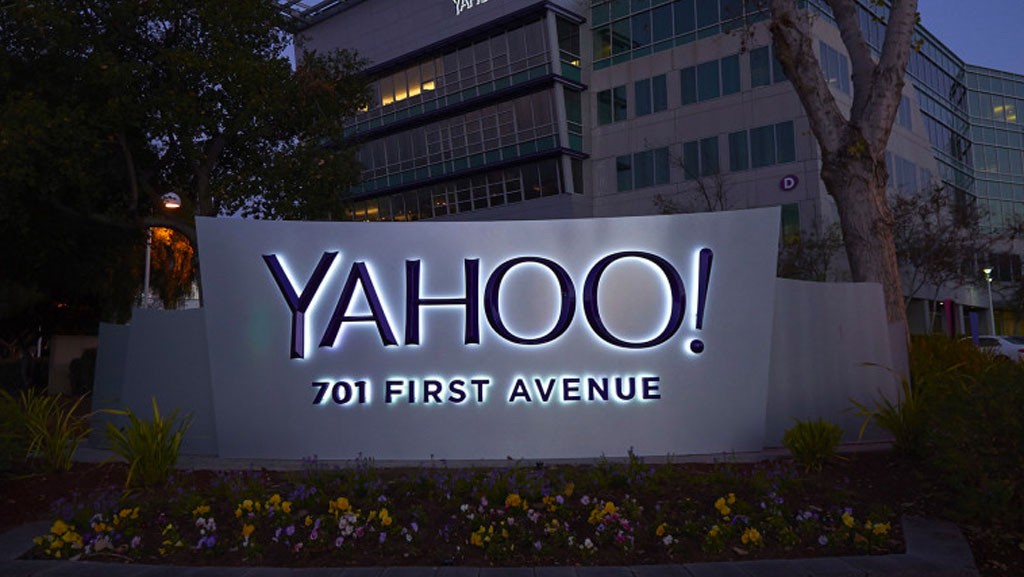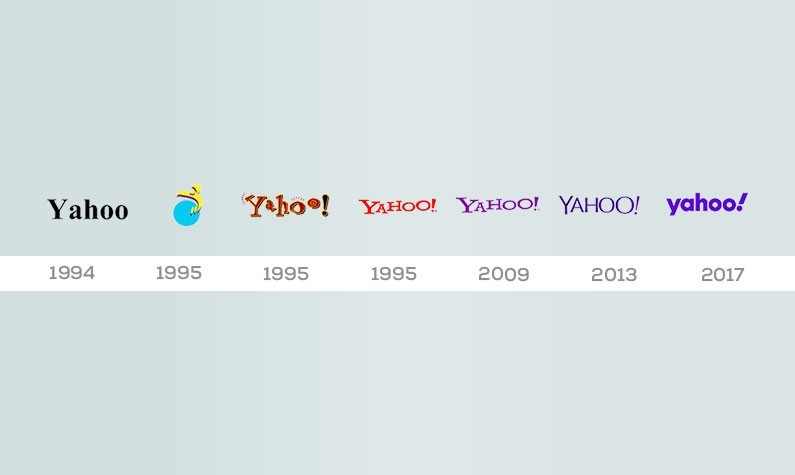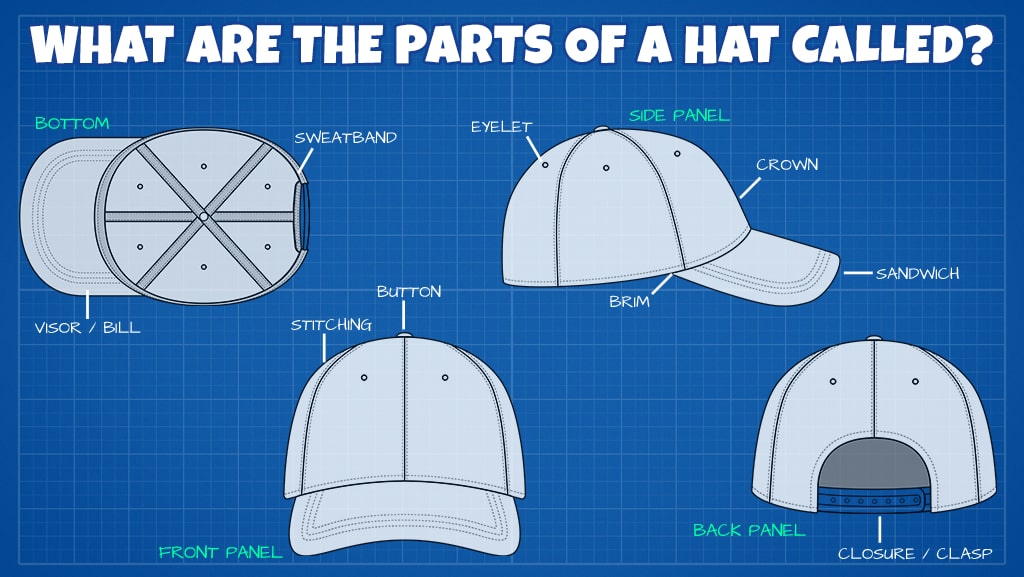
Story of a Brand: Yahoo
With the recent buzz about Yahoo's change of logo and the mixed opinions it received, I think it's time for me to add their name to our Story of a Brand saga. But this time, I want to take a different spin and explore what has been dubbed Yahoo!'s identity crisis and its historical context.
The Hobby
Like many great companies, Yahoo! started as somebody's hobby. In 1994, the Internet was still very young but growing in information. Two graduate students at Stanford decided to devise a way to navigate the scattered websites popping out here and there. The result was an Internet directory called David and Jerry's Guide to the World Wide Web, named after the two creators, David Filo and Jerry Young. Later that year, they changed the name to Yahoo!, a word they found while browsing through a dictionary. Why anyone would do that is beyond me, but I guess that's why I haven't started a successful billion-dollar tech company! The word is used in Gulliver's Travels to describe "rude and brutish" people. The exclamation point, meanwhile, added a playful note. Following the initial popularity of the web directory, Yahoo! officially became a registered company in March 1995.
During the '90s, Yahoo! enjoyed rapid growth and was looking for places to expand. Its strategy revolved around buying successful brands and putting them under its cap. For example, they based their email client on acquiring the then-popular Rocketmail. At the same time, the Yahoo! Games section (a dear childhood memory of mine, where I played pool with people from India, Mexico, and other parts of the world) used to be a website called ClassicGames.com. Both services were successful, and Yahoo! was getting bolder in its plans.
The Bumps
In 1999, GeoCities (which a lot of you probably remember) was the third most popular website on the Internet. It offered users the opportunity to create a web page within another web page called a neighborhood, bearing the name of an actual geographical location. It had already begun to generate substantial revenue, so when Yahoo! decided to acquire GeoCities (for a record $3.5 billion), it looked like low-hanging fruit, bound for success. Nothing of the kind. Long story short, ten years after the acquisition, Yahoo! was forced to acknowledge its failure and shut down the site.
In contrast, while not as big a failure as GeoCities, Yahoo!'s other acquisitions have not fared well. Photo service Flickr and social bookmarking company Del.icio.us went downhill since they started bearing the Yahoo! logo. It's no surprise everyone was on their toes when microblogging platform Tumblr also went under the Yahoo! cap. Still, it's too early to say where this will go.
The Shaky Future
Yahoo! has continued to have its ups and downs on the market. In 2013, it surpassed its main competitor, Google, in unique visitors to U.S.-based websites for the first time since 2011. Yet Yahoo!'s branching can hardly be more successful than that of Google and other players in the field. So it's apparent that Yahoo! is suffering from an identity crisis. But what does this mean? Let's throw in some psychology. Psychologist Erik Erikson coined the term identity crisis to signify a period in a person's life in which they suffer from confusion about their role and place in the world. That's what Yahoo! has been going through, as witnessed by their 30 Days of Change campaign from 2013, when they displayed a different logo each day (although a more appropriate name for it would be 30 Days of Identity Crisis).
On the 31st day, Yahoo! unveiled its final logo, which was not well-received. But as Johnathan Baskin at Forbes points out, it's becoming less about the logo than about the company's widespread presence and what brands do versus what they say or show. It's obvious Yahoo! is trying to reinvent itself and the new look is a part of that. But what's more important is what came next, which was a mixture of successes, failures, and changes.
In 2015, CEO Marissa Mayer came under increased criticism for the company's declining performance, being named the least likable CEO on tech before laying off 15% of the companies workforce in 2016. This paved the way for Verizon to announce plans to buy the company out for $4.83 billion that same year.
However, in 2017, it was revealed that Yahoo! had been subjected to the largest data breach in history, with all 3 billion of its user accounts being impacted. This caused Verizon to lower their purchase price by $350 million, which Yahoo! had no choice but to accept.
Now, Yahoo! remains a firm secondary player to sites like Google. While its website and email service remain popular, it's hard to see the company re-reaching the heights it once had.

Are you looking for a way to promote your tech brand after a redesign or major shakeup? We'd recommend ordering some custom tech promotional products for your clients and customers.








